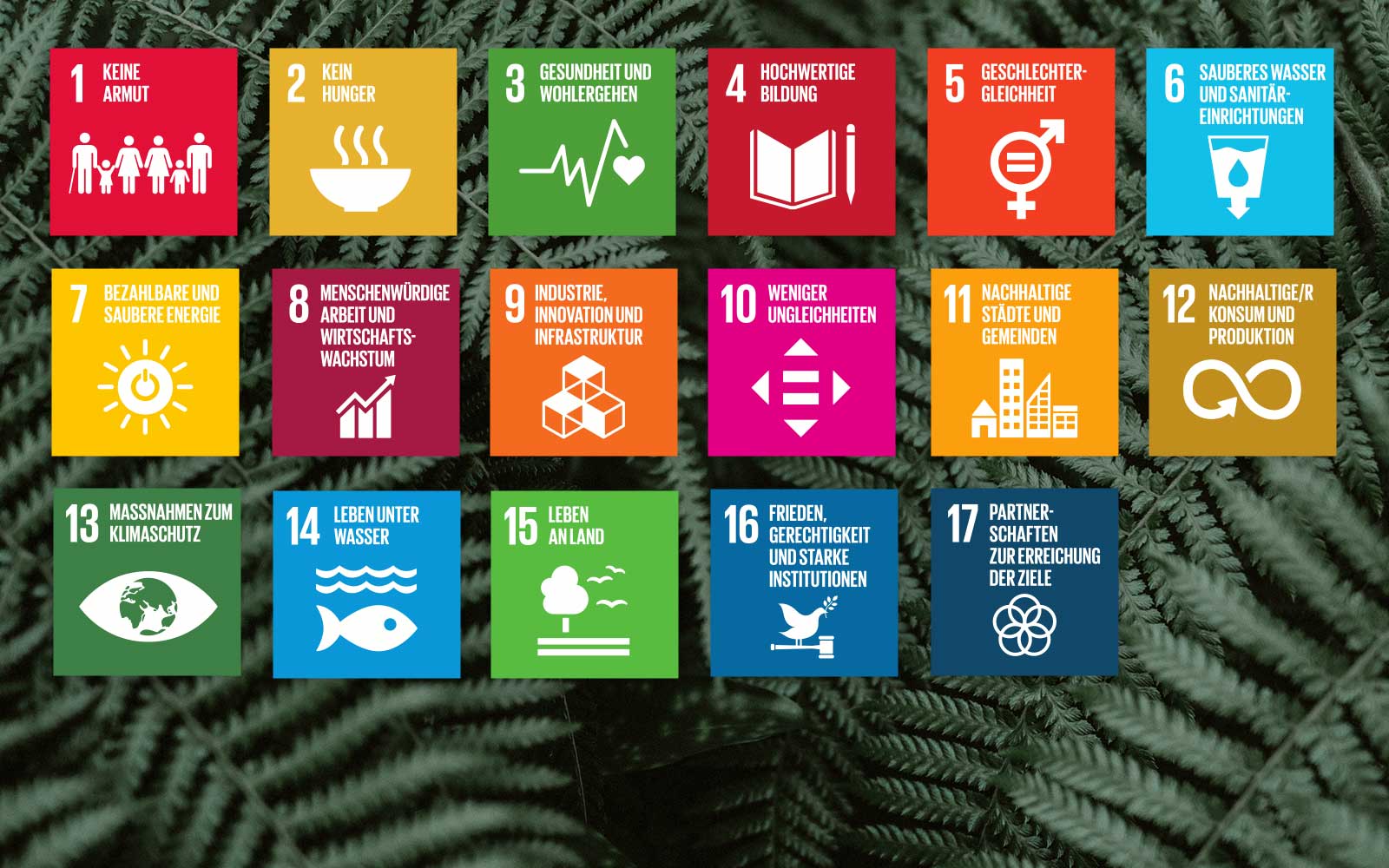Introduction
Petrochemical manufacturing has been a vital sector in the global economy for decades. However, concerns about environmental impact and long-term sustainability have become increasingly important. To ensure a secure future for the petrochemical industry while minimizing its ecological footprint, a comprehensive roadmap for sustainable manufacturing is imperative.
1. Embrace Renewable Feedstocks
One crucial step towards sustainable petrochemical manufacturing is reducing reliance on fossil fuels by embracing renewable feedstocks. This can involve using sustainably sourced biomass or investing in biotechnology to create bio-based alternatives to conventional petrochemicals.
2. Optimize Process Efficiency
To minimize waste generation and energy consumption, petrochemical manufacturers must continually optimize process efficiency. Adopting advanced technological solutions, such as process intensification, waste heat recovery, and real-time monitoring, can significantly enhance productivity while reducing environmental impact.
3. Develop Recycling Initiatives
Implementing effective recycling initiatives is paramount in sustainable petrochemical manufacturing. Investing in research and development to enhance recycling technologies, increasing the use of recyclable materials, and establishing closed-loop systems will contribute to a circular economy and mitigate resource depletion.
4. Reduce Emissions and Waste
Addressing emissions and waste is a crucial component of sustainable manufacturing. Petrochemical plants should invest in advanced emission control technologies, waste treatment processes, and carbon capture and storage methods. The goal is to minimize greenhouse gas emissions, air pollutants, and hazardous waste generation.
5. Implement Responsible Supply Chain Practices
Sustainable petrochemical manufacturing extends beyond the plant walls. It requires implementing responsible supply chain practices, such as promoting transparency, conducting life cycle assessments, and partnering with suppliers who prioritize sustainability. By ensuring the entire supply chain adheres to sustainable principles, the industry can have a more significant positive impact.
Conclusion
The petrochemical industry plays a critical role in numerous sectors, including transportation, construction, and healthcare. However, the necessity to transition to sustainable petrochemical manufacturing is undeniable. By embracing renewable feedstocks, optimizing process efficiency, developing recycling initiatives, reducing emissions and waste, and implementing responsible supply chain practices, we can pave the way toward a greener, more sustainable future for petrochemical manufacturing.





